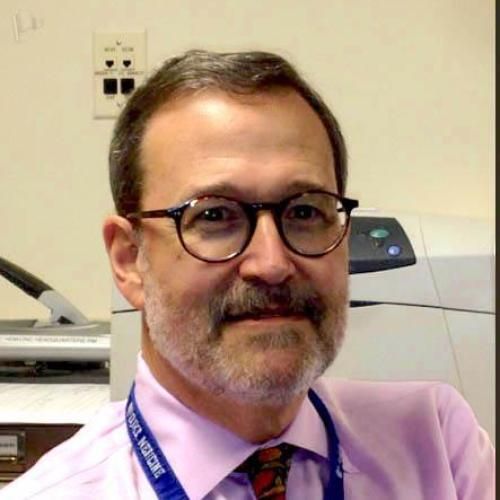
When Religion and Medicine Clash: Non-beneficial Treatments and Hope for a Miracle.
Patient and family demands for the initiation or continuation of life-sustaining medically non-beneficial treatments continues to be a major issue. This is especially relevant in intensive care units, but is also a challenge in other settings, most notably with cardiopulmonary resuscitation. Differences of opinion between physicians and patients/families about what are appropriate interventions in specific clinical situations are often fraught with highly strained emotions, and perhaps none more so when the family bases their desires on religious belief. In this essay, I discuss non-beneficial treatments in light of these sorts of disputes, when there is a clash between the nominally secular world of fact- and evidence-based medicine and the faith-based world of hope for a miraculous cure. I ask the question whether religious belief can justify providing treatment that has either no or a vanishly small chance of restoring meaningful function. I conclude that non-beneficial therapy by its very definition cannot be helpful, and indeed is often harmful, to patients and hence cannot be justified no matter what the source or kind of reasons used to support its use. Therefore, doctors may legitimately refuse to provide such treatments, so long as they do so for acceptable clinical reasons. They must also offer alternatives, including second (and third) opinions, as well the option of transferring the care of the patient to a more accommodating physician or institution.
Duke Scholars
Published In
DOI
EISSN
Publication Date
Volume
Issue
Start / End Page
Location
Related Subject Headings
- Terminal Care
- Religion and Medicine
- Medical Futility
- Humans
- Hope
- Decision Making
- Applied Ethics
- 5001 Applied ethics
- 2201 Applied Ethics
- 1117 Public Health and Health Services
Citation

Published In
DOI
EISSN
Publication Date
Volume
Issue
Start / End Page
Location
Related Subject Headings
- Terminal Care
- Religion and Medicine
- Medical Futility
- Humans
- Hope
- Decision Making
- Applied Ethics
- 5001 Applied ethics
- 2201 Applied Ethics
- 1117 Public Health and Health Services

